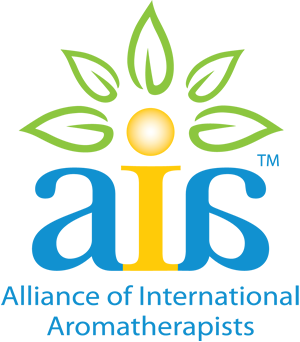Standards of Practice
We are entering a new era in health care where the public is informed regarding choices in health care and the availability of alternative and complementary health care modalities. There is an increasing expectation for mainstream health care providers, such as physicians, nurses, health administrators, and educators to be knowledgeable regarding the existence, availability and benefits of alternative and complementary healthcare modalities. For the clinical aromatherapy community to grow as a profession and take its place with more-established complementary care modalities, it has the obligation to identify and establish standards of care and practice. Professional standards of practice reflect the current knowledge base and practice in any given field and imply accountability. Standards are dynamic, and subject to evaluation and subsequent change through time as practice norms evolve. The following Aromatherapy Standards of Practice are stated to identify the scope of care and reflect professional norms that are inherent in the practice of clinical aromatherapy. This contrasts with the use of essential oils by individuals for home and family use or as a hobby. Standard I: Theory and Practice The qualified aromatherapist understands and applies appropriate, scientifically sound theory as a basis for essential oil use. The art and science of Aromatherapy is characterized by the application of relevant information that provides the basis for a skilled use of essential oils and subsequent evaluation of the outcomes. The Aromatherapy Registration Council (ARC) has categorized the scope of aromatherapy education based on historical input by leading schools in aromatherapy. For example, the knowledge base includes, but not limited to: [1] Basic Concepts of Aromatherapy - essential oils, sources, history, client assessment [2] Scientific Principles - botany, extraction, chemistry, anatomy and physiology [3] Administration - therapeutics, safety, delivery methods, contraindications, blending [4] Professional Issues – documentation, quality control, ethics This standard also applies to those engaged in fragrance blending or product development as these activities are predicated on the basic concepts relating to essential oils, chemistry, and blending, for example. Standard II: Assessment Assessment is a part of the scientific process beginning with collecting information from the client or target population. Standard III: Planning and Identifying Goals (desired outcomes) The qualified aromatherapist co-constructs an aromatherapy intervention based on client’s needs. Standard IV: Application The qualified aromatherapist uses standard applications of essential oils in the manner most suitable for the client’s identified outcomes. Providing client education is inherent in this standard of care. Standard V: Evaluation The qualified aromatherapist evaluates the client response and maintains a system of documentation. Standard VI: Continuing Education Continuing educational opportunities are available to aromatherapists through conferences, workshops, graduate courses, journals, webinars and research. The qualified aromatherapist assumes responsibility for his/her continuing education and professional development and modifies one’s practice to assimilate new knowledge gained from continuing education. Standard VII: Integrated Care through Interdisciplinary Cooperation The qualified aromatherapist seeks opportunities to participate with other health care providers to develop an integrated plan of care, as possible. The aromatherapist communicates the benefits of essential oil use to the public and health care providers. The qualified aromatherapist is valued as a health team contributor. Standard VIII: Research The qualified aromatherapist will participate in research activities and contribute to the continuing development of knowledge and practice in the field of aromatherapy. Standard IX: Ethics The qualified aromatherapist upholds professional standards of care and supports an identified code of ethics which is stated below. As a member of the Alliance of International Aromatherapists, I shall:
Definitions: Qualified aromatherapist – one who has completed a recognized training in aromatherapy at the minimum level of 200 educational contact hours as approved by the Alliance of International Aromatherapists or has been recognized through a standardized exam, such as provided by the Aromatherapy Registration Council. Interdisciplinary cooperation – collaboration by a collective of health care providers in response to a client’s healthcare needs. |
